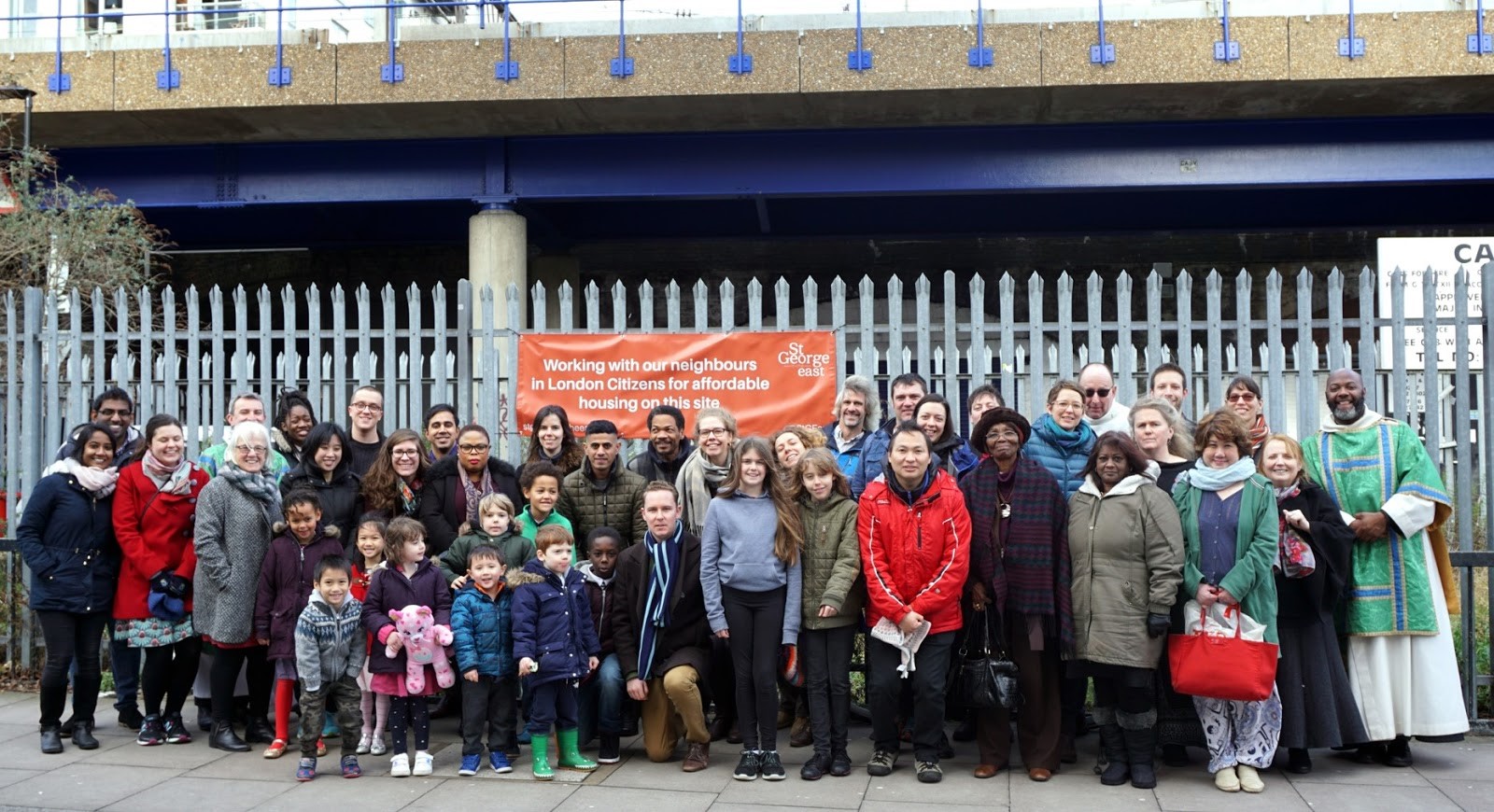13/07/2020
This blog is written by a member of the independent Commission. These views do not necessarily represent the views of the Archbishops' or the Church of England.
In 2019, the Archbishop of Canterbury, Justin Welby, launched his Commission on Housing, Church and Community to bring a Christian perspective to the housing crisis. One of its main aims is to get churches up and down the country thinking about how Christian values apply to housing, because they can play a crucial part in meeting their local area’s housing need.
At the same time, there’s been a lot of thought on this area in the Roman Catholic Church. Pope Francis has spoken about our “human ecology”: the way our physical environment – whether urban, suburban, or rural - reflects and shapes our relationships with each other, and ultimately with God.
That’s why we’ve worked with the Centre for Theology and Community and the Roman Catholic Church to produce Unless the Lord Builds the House – a new five-week course of prayer, reflection and action, on Christian faith and housing. Churches across denominations can explore the emerging theological study of housing and, crucially, plan to put their learning into action.
Each 90-minute session has a mix of Bible study, video stories and discussion. It ends with suggestions for prayer and ideas for action – some of which can be taken between sessions, while others would require more long-term planning and commitment.
At the heart of this course is the question of who is building and acting. The Psalmist writes that “unless the Lord builds the house, those who labour build in vain” (127.1). A better “human ecology” will only emerge when we are open and attentive to the work of the Holy Spirit, so that we do not labour in our own power alone, but as “God’s fellow workers…God’s field, God’s building” (1 Corinthians 3.9).
In Scripture, we see that God’s action usually emerges from amongst those the wider society underestimates or simply ignores. If we are to be God’s co-workers, we will need to listen to his Word, and also to the poorest in our communities – so that the wider Body can see, judge and act with them – and not just on their behalf.
Most of this course was written – and its videos were filmed – before the coronavirus pandemic, which has revealed a great deal about the “human ecology” of our cities, towns and villages. Systemic social injustices – including racial injustices – have become even harder to ignore. People’s different housing conditions have had a huge impact on their experience of lockdown.
It is our hope and prayer that this course will help Christians to turn the desire for a more just future into prayerful, practical and effective action
